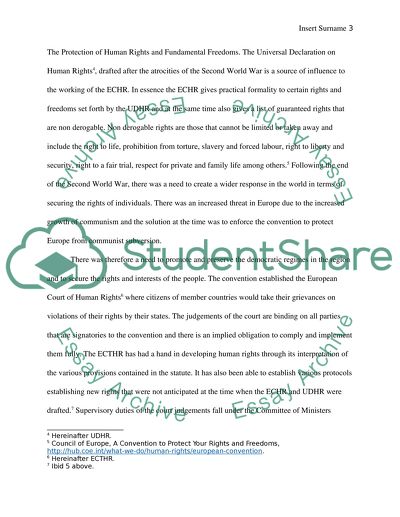Cite this document
(“Human Rights and Fundamental Freedoms: Article 3 of the ECHR Essay”, n.d.)
Retrieved from https://studentshare.org/law/1497783-you-have-managed-to-secure-an-internship-at-the
Retrieved from https://studentshare.org/law/1497783-you-have-managed-to-secure-an-internship-at-the
(Human Rights and Fundamental Freedoms: Article 3 of the ECHR Essay)
https://studentshare.org/law/1497783-you-have-managed-to-secure-an-internship-at-the.
https://studentshare.org/law/1497783-you-have-managed-to-secure-an-internship-at-the.
“Human Rights and Fundamental Freedoms: Article 3 of the ECHR Essay”, n.d. https://studentshare.org/law/1497783-you-have-managed-to-secure-an-internship-at-the.


